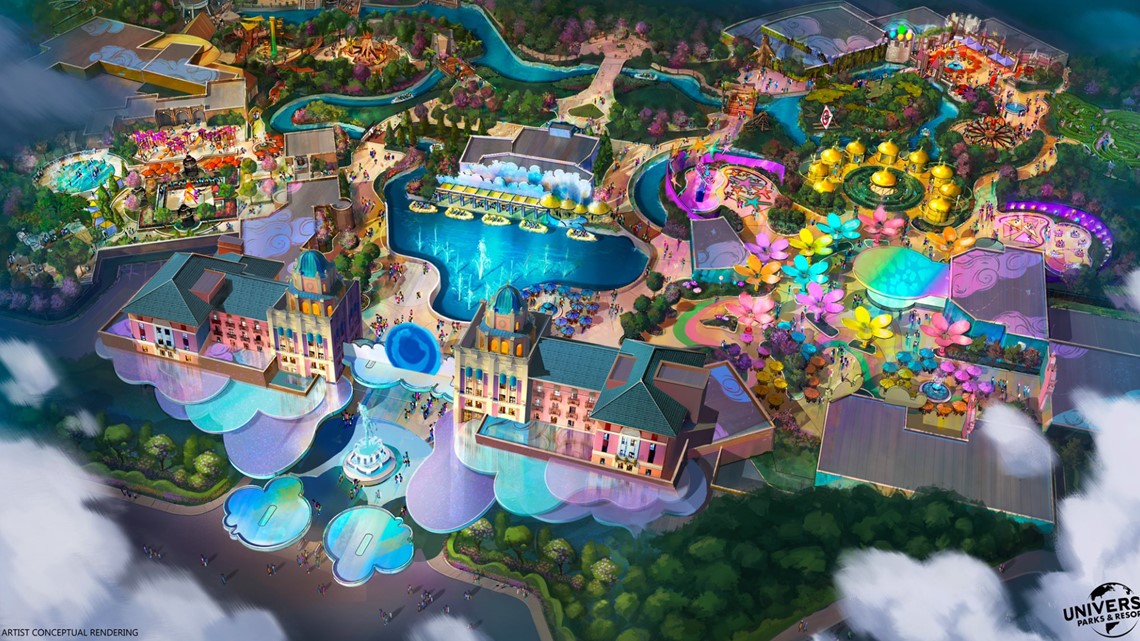GoofGoof
Premium Member
For anyone actually interested in the real history of the district I’ll keep posting this link:
I’m giving the benefit of the doubt people actually are interested. I think the conversation would be more constructive with a better understanding of history.

